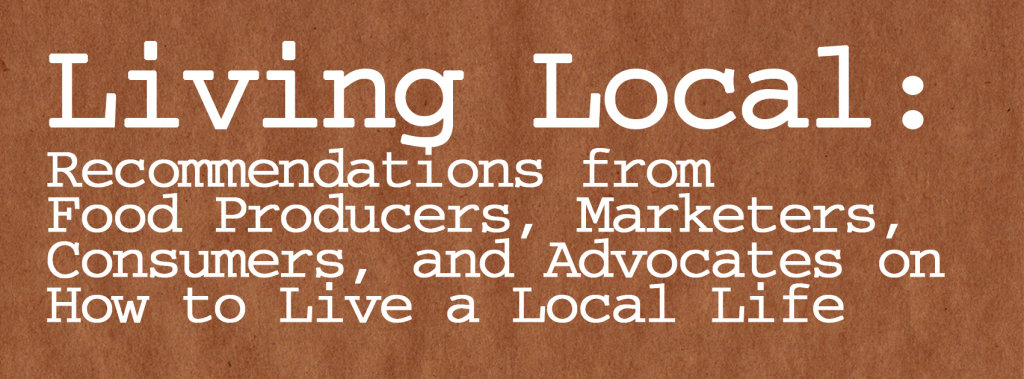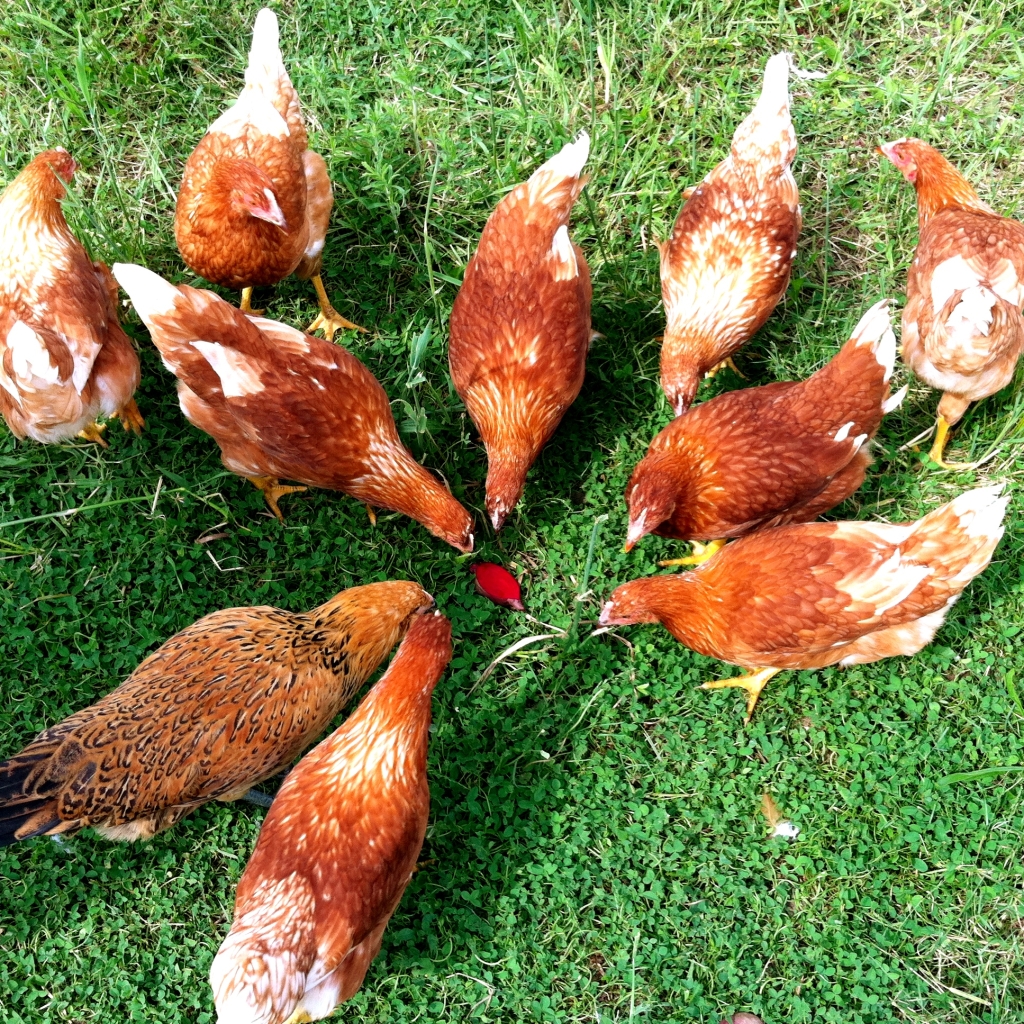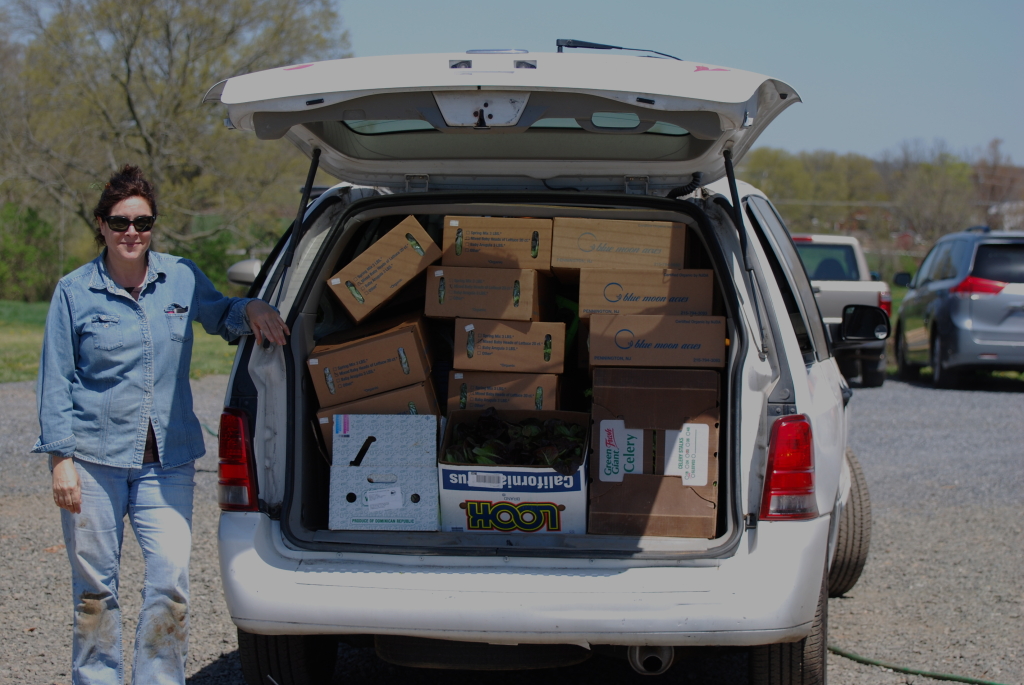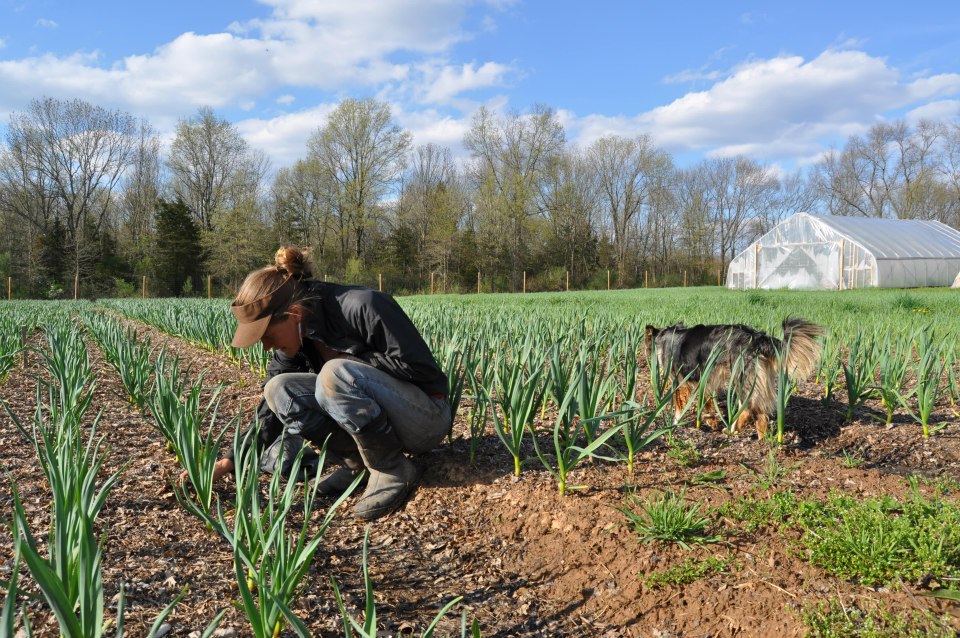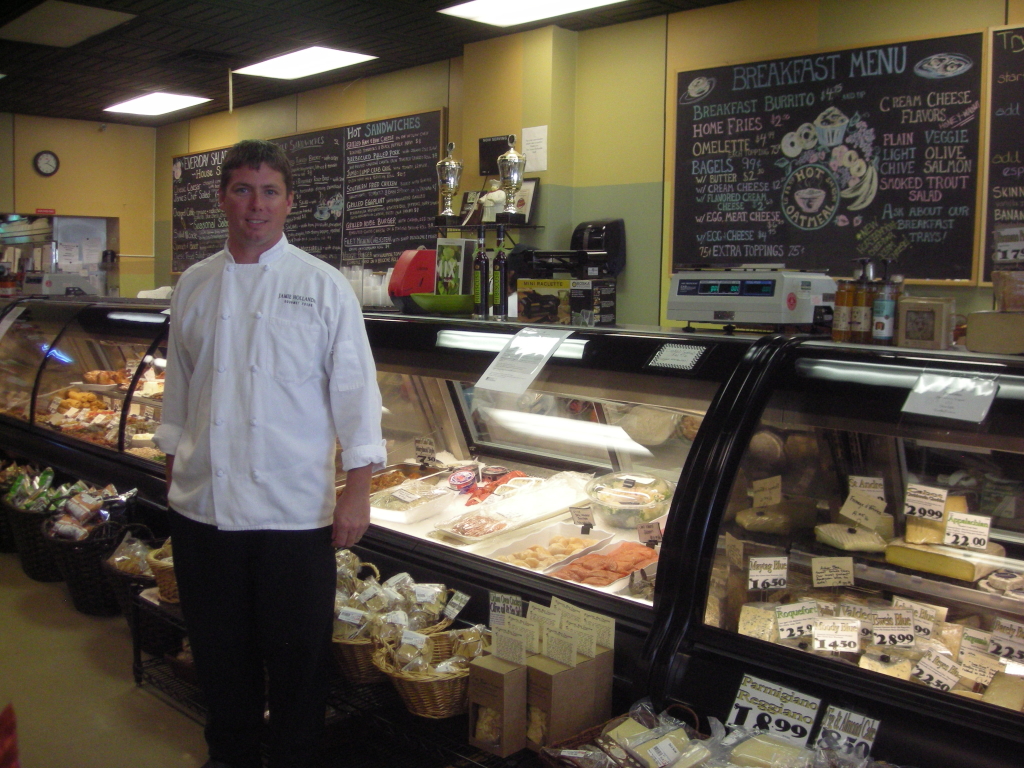Books to Get You Started Living Simply
Are you looking for inspiration on your dream to live a simple life?
This book genre has exploded in the past few years, and it’s no surprise. The ideas of eating seasonally, supporting local farmers and artisans, and becoming self-sufficient are all very much a part of pop culture right now. But where to begin? We have two book recommendations from friends of Blue Moon to get you started.
The Good Life by Helen and Scott Nearing
Recommended by Marc Kline
 The book is actually a compilation of two works, Living the Good Life and Continuing the Good Life, which detail the decision and story of the Nearings’ leaving New York City for a rural life of self-sustainable homesteading. It contains as much philosophical discussion as it does documentary tale, and while the book is not about organic farming per se, it helped to spur the “back to the land” movement and is on many a bookshelf of farmers young and old. In fact, Eliot Coleman’s Four Season Farm is not coincidentally located just down the road from Helen and Scott’s final and longest standing homestead in Harborside, Maine. He often cites his early experiences with them as crucial to his farming career. I visited this homestead in Harborside while I went to school about an hour north of it. While Helen and Scott have both passed, their homestead still hosts an individual or couple of apprentices who use the property much as the Nearings did and provide tours to the public.
The book is actually a compilation of two works, Living the Good Life and Continuing the Good Life, which detail the decision and story of the Nearings’ leaving New York City for a rural life of self-sustainable homesteading. It contains as much philosophical discussion as it does documentary tale, and while the book is not about organic farming per se, it helped to spur the “back to the land” movement and is on many a bookshelf of farmers young and old. In fact, Eliot Coleman’s Four Season Farm is not coincidentally located just down the road from Helen and Scott’s final and longest standing homestead in Harborside, Maine. He often cites his early experiences with them as crucial to his farming career. I visited this homestead in Harborside while I went to school about an hour north of it. While Helen and Scott have both passed, their homestead still hosts an individual or couple of apprentices who use the property much as the Nearings did and provide tours to the public.
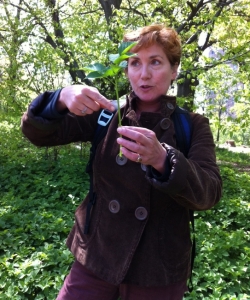
The Locavore’s Handbook: The Busy Person’s Guide to Eating Local on a Budget by Leda Meredith
Recommended by Erica Evans
Recommended by Erica Evans
“A GREAT book that I love when I first got into a more “locally minding way of living” is Leda Meredith’s The Busy Person’s Guide. She is fantastic, and has a great blog as well!” Leda Meredith coverings gardening, simple food preservation, cooking with odds and ends, foraging, and food storage in her book. The book is presented as a guide to living locally while living in New York City (where to get the best vegetables, shop for goods, etc), with a straightforward tone and lots of practical advice. Check out Leda’s blog here.

